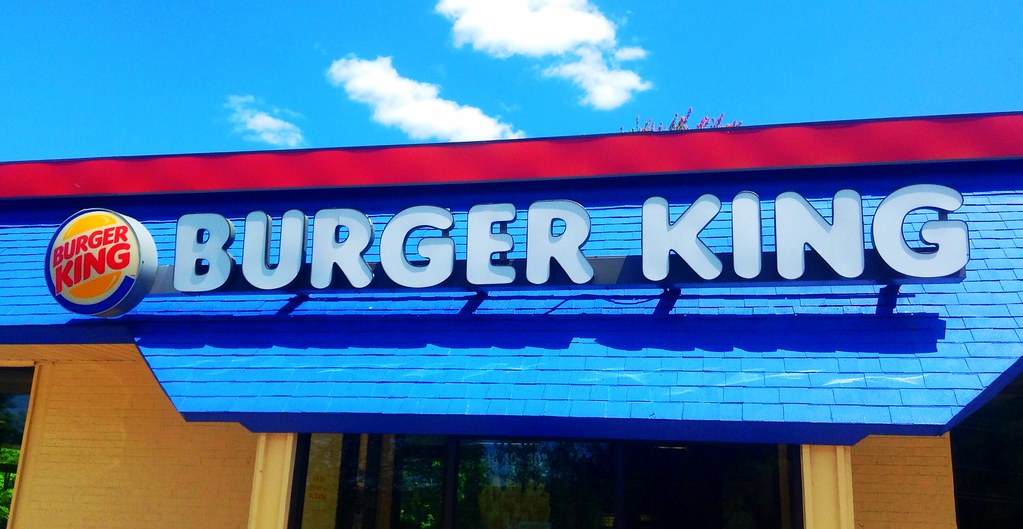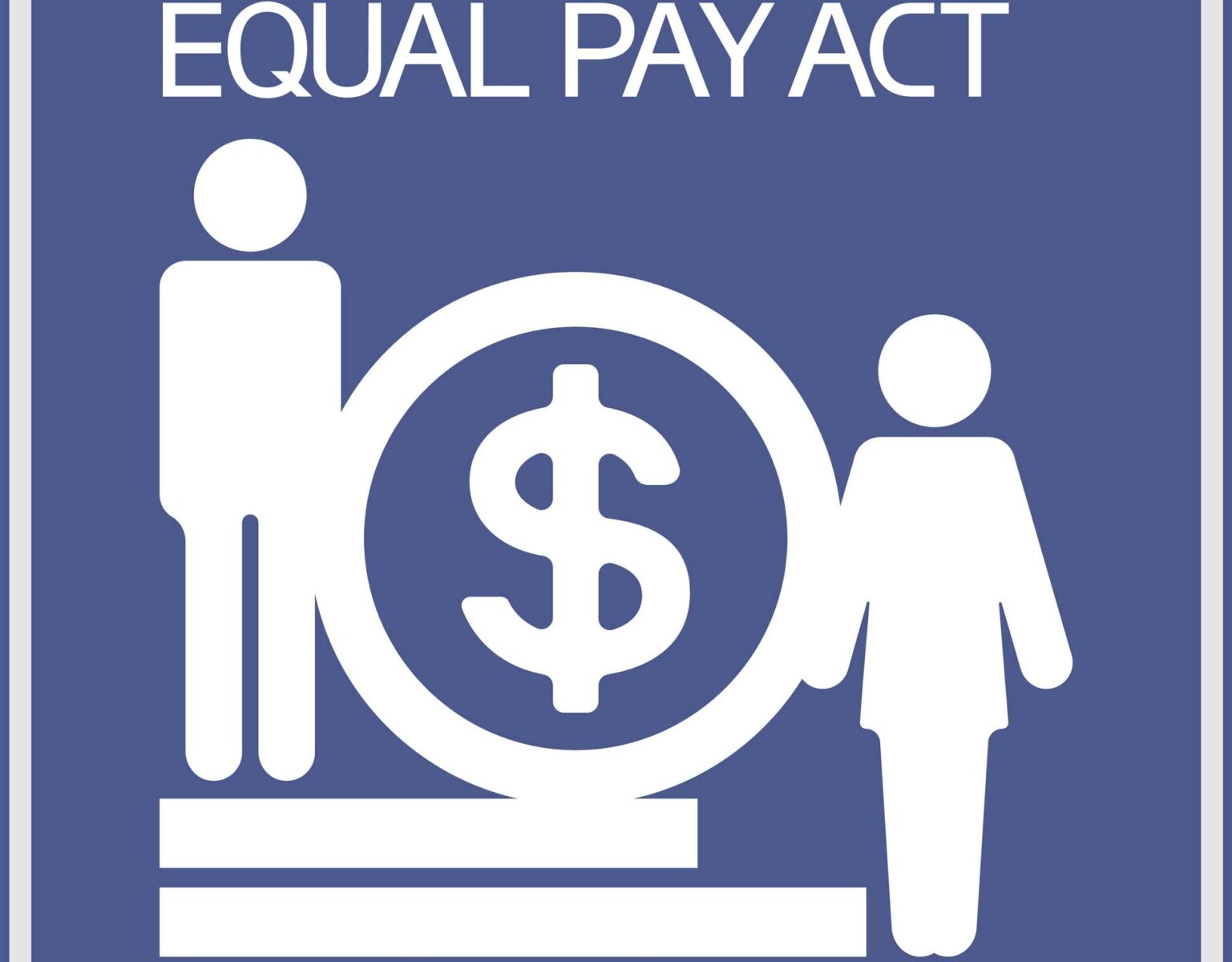The California Labor Commissioner’s Office (LCO) has taken decisive action against Ali Baba Corp., recovering an impressive $40,460 due to serious workplace retaliation and labor law violations. This substantial recovery followed an intensive investigation uncovering the unlawful termination of a dedicated care facility worker who bravely reported hazardous working conditions and the failure to provide mandated meal breaks.
I spoke up because I believed the residents deserved better care and that all workers should be treated fairly.
California Labor Commissioner Lilia García-Brower emphasized the significance of the case, stating, “This case progressed swiftly because Ms. Delgado was well-informed about her rights, took immediate action, and courageously spoke out against unlawful working conditions. Retaliation is a grave violation of the law, and we are steadfast in our commitment to holding employers accountable while ensuring that workers receive the wages and penalties they rightfully deserve.”
Jessica Delgado, who had devoted nearly ten years to the mental health care facility, observed a troubling decline in working conditions following a management change. She witnessed bathrooms left in a state of neglect, a kitchen infested with roaches, and mounting safety concerns regarding resident welfare that were disregarded by the new leadership.
This outcome demonstrates that standing up for what is right truly matters and reinforces the legal protections available to workers.
Deeply concerned for the residents’ well-being, Delgado took the initiative to email management about the unsanitary conditions and alarming safety issues. Unfortunately, her calls for action went unanswered. After several attempts to address her concerns internally yielded no results, Delgado decided to inform her employer of her intention to report these violations to the LCO. In retaliation, Ali Baba Corp. suspended her and subsequently terminated her employment, wrongfully alleging that she had made threats against the company.
Believing her termination to be unjust and well aware of her rights under California labor law, Delgado promptly filed a retaliation complaint with the LCO and also reported the missed meal breaks that were a violation of her rights.
“I spoke up because I believed the residents deserved better care and that all workers should be treated fairly,” expressed Jessica Delgado. “This outcome demonstrates that standing up for what is right truly matters and reinforces the legal protections available to workers.”
In a landmark decision in November 2024, the LCO cited Ali Baba Corp. (operating as Riviera Living) and its owner, imposing a $40,000 penalty for the unlawful suspension and termination of Delgado. When the employer failed to appeal the citations within the designated timeframe, these citations became final judgments lodged by the superior court.
The LCO subsequently initiated bank levies and successfully recovered the full judgment amount of $40,460, complete with accrued interest, which was duly paid to Delgado.










